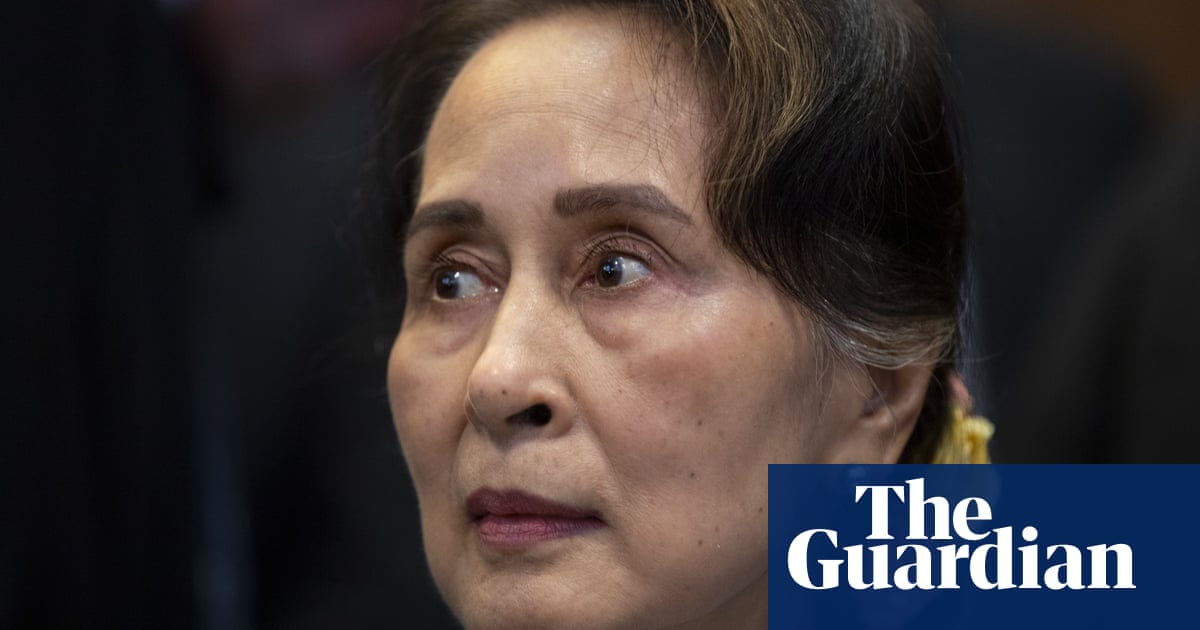
Dec 6 (Reuters) - A court in military-ruled Myanmar sentenced ousted leader Aung San Suu Kyi on Monday to four years in prison for incitement and violating COVID-19 restrictions, delivering the first verdicts against her since a coup ousted a civilian government on Feb. 1.
Her sentence was later in the day reduced by the military junta leader to two years" detention in her current location, which has not been disclosed, state TV reported in an evening broadcast.
Following are some facts about Suu Kyi, 76.
EARLY LIFE
Aung San Suu Kyi is the daughter of independence hero Aung San, who was assassinated when she was a child. She spent much of her younger years abroad and at Oxford University met her future husband, scholar Michael Aris, with whom she had two sons.
RETURN TO MYANMAR
In 1988, she returned to Myanmar to care for her dying mother, but was quickly swept up in nationwide protests against decades of military rule. A year later, she was put under house arrest at her lakeside home in Yangon.
NOBEL PEACE PRICE AND HOUSE ARREST
In 1991, Suu Kyi won a Nobel Peace Prize for campaigning for democracy, but was only fully released from house arrest in 2010. A year later, she met President Thein Sein, marking the start of her pragmatic engagement with a government of ex-soldiers.
ELECTION AND ROHINGYA CRACKDOWN
She was swept into power in a 2015 election. During the election campaign, her main objectives were to bring an end to civil war in various parts of the ethnically diverse country, attract foreign investment, and reduce the army’s role in politics.
Suu Kyi also promised to address the plight of the Rohingya Muslim people, forming an advisory commission headed by former U.N. Secretary-General Kofi Annan.
But in 2017, following attacks by Rohingya militants, Myanmar"s military launched a crackdown that the U.N. human rights high commissioner described as “a textbook example of ethnic cleansing".
Suu Kyi went to the International Court of Justice in December 2019 to defend Myanmar from accusations of genocide. She acknowledged the possibility war crimes had been committed but framed the crackdown as a legitimate military operation against "terrorists".
MILITARY COUP
While the Rohingya crisis helped tarnish her reputation abroad, she remains hugely popular at home and in November 2020 her party swept to power again.
But before her government was sworn in, the military staged a coup in February arresting civilian leaders including Suu Kyi after alleging the election was rigged, an assertion dismissed at time by the election commission.
She now faces about a dozen legal cases including two for corruption and one for violating the Official Secrets Act, which carry a maximum penalty of more than 100 years in jail. Her supporters say the charges are baseless and designed to keep her out of power.










